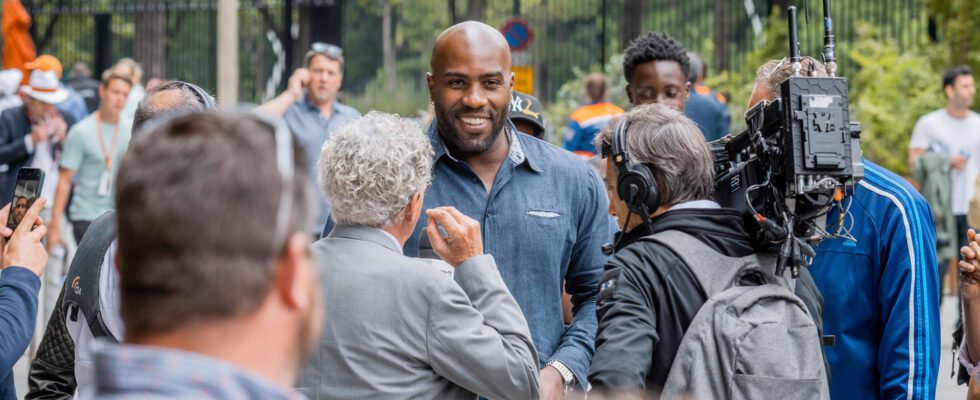The Senate has approved the controversial article of the 2024 Olympics bill which concerns algorithmic surveillance. It involves mobilizing artificial intelligence (AI) to detect atypical situations among the crowd.
All that is missing is a solemn vote on January 31, 2023, the outcome of which is hardly in doubt. On the 25th, the Senate completed the examination of each article of the bill relating to the Olympic and Paralympic Games of 2024, in plenary session, including article 7 of the text, which concerns algorithmic surveillance. The discussion on the text will nevertheless continue in the National Assembly.
Crowd behavior analysis
Algorithmic surveillance in the context of the Paris Olympics will consist of using the images collected by means of video surveillance cameras to ” detect, in real time, predetermined events likely to present or reveal these risks and report them » to law enforcement, emergency services or transport security personnel.
This analysis must be done at the level of the crowd – there is no question today of doing facial recognition, which would involve a biometric analysis. On this subject, the government has no plans to go in this direction for the Olympic Games. Nevertheless, there have been amendments by parliamentarians who nevertheless tried to introduce this provision.
In the impact study around this article 7, scenarios other than crowd monitoring have been put forward, such as the detection of an abandoned package near infrastructure “. Beyond security, it would also allow “ improve the management of high-density places » based on statistical analyzes of traffic flows.
The interfacing of these algorithms with video surveillance has boosted La Quadrature du Net, an association specializing in the digital society. “ Although it is supposedly limited to the Olympics, it is not so: algorithmic video surveillance is a political project of the government which was only waiting for an opportunity to come out of the boxes “, she protests.
Among the senatorial amendments taken by the Senate, several relate to Article 7 for, according to the upper house of Parliament, ” strengthen the guarantees governing the use, on an experimental basis, of algorithmic processing on images “. In particular, the National Commission for Computing and Liberties (Cnil) is put in the loop to control article 7.
Asked about this, the president of the Cnil, Marie-Laure Denis, indicated on January 24 that her services “ [vont] see if the data used by these algorithms is reliable, relevant and above all ensure that there are no biases and errors “. ” We will dialogue. The Cnil is not just a data policeman, it does a lot of support. »
A position denounced by La Quadrature du Net, who judges the president of the Cnil ” resigned » in the face of algorithmic video surveillance. ” It acts as if the biases were only linked to the AI training data, forgetting the systemic discriminations coded in these systems. […] She deludes herself by acting as if sustainability was not a foregone conclusion. »
A system planned until mid-2025
Marie-Laure Denis had mentioned during her interview the failed organization of the Champions League final in May 2022 at the Stade de France. There had been big outbursts around the enclosure, with a glaring inability to manage the crowd. ” We saw that it had been an issue “, noted Marie-Laure Denis. And, it is out of the question for the executive that this happens again at the Olympics.
Other arrangements were made by the senators. Thus, it is planned human control measures and a risk management system “to prevent and correct” the occurrence of possible biases or misuse “. It is also a question of information to the public or the ” training of agents who can access processing reports. »
In principle, the law provides for experimentation with algorithmic video surveillance until June 30, 2025, solely for the security of large-scale sporting, recreational or cultural events in France. But, for the opponents of the measure, the fear is strong that this temporary measure will end up becoming permanent.
Help us build the future of Numerama by answering this survey!
